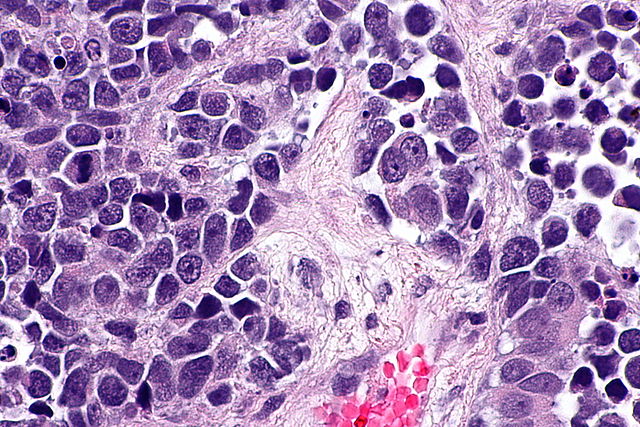Liver tumor in gene therapy recipient raises concerns about virus widely used in treatment
By Jocelyn Kaiser,
Science
| 12. 22. 2020
It’s troubling news that gene therapy researchers have long anticipated: A hemophilia patient injected with a virus carrying a therapeutic gene in a clinical trial has developed a liver tumor. The U.S. Food and Drug Administration (FDA) has halted the associated clinical trials, and uniQure, the Dutch firm behind the studies, is now investigating whether the virus itself caused the cancer.
Gene therapy experts say that’s unlikely. The patient had underlying conditions that predisposed him to liver cancer. Still, scientists say it’s crucial to rule out any role for adeno-associated virus (AAV), the viral delivery system, or vector, that is used in hundreds of other gene therapy trials. “Everyone will want to know what happened,” says physician-scientist David Lillicrap of Queen’s University, a hemophilia researcher who was not involved with the uniQure study.
Gene therapy for various forms of the blood-clotting disorder hemophilia has been one of the field’s latest success stories. UniQure’s hemophilia B treatment appears to be among the treatments working, with 52 of 54 patients no longer needing injections of factor IX after 6 months in its...
Related Articles
By Diaa Hadid and Shweta Desai, NPR | 01.29.2026
MUMBRA, India — The afternoon sun shines on the woman in a commuter-town café, highlighting her almond-shaped eyes and pale skin, a look often sought after by couples who need an egg to have a baby.
"I have good eggs,"...
By George Janes, BioNews | 01.12.2026
A heart attack patient has become the first person to be treated in a clinical trial of an experimental gene therapy, which aims to strengthen blood vessels after coronary bypass surgery.
Coronary artery bypass surgery is performed to treat...
By Staff, ScienceDaily | 01.05.2026
Scientists at UNSW Sydney have developed a new form of CRISPR technology that could make gene therapy safer while also resolving a decades-long debate about how genes are switched off. The research shows that small chemical markers attached to DNA
...
Following a long-standing CGS tradition, we present a selection of our favorite Biopolitical Times posts of the past year.
In 2025, we published up to four posts every month, written by 12 authors (staff, consultants and allies), some in collaboration and one simply credited to CGS.
These titles are presented in chronological order, except for three In Memoriam notices, which follow. Many more posts that are worth your time can be found in the archive. Scroll down and “VIEW...




